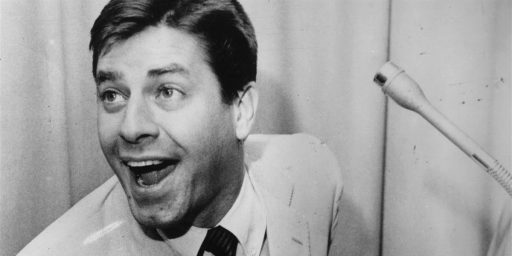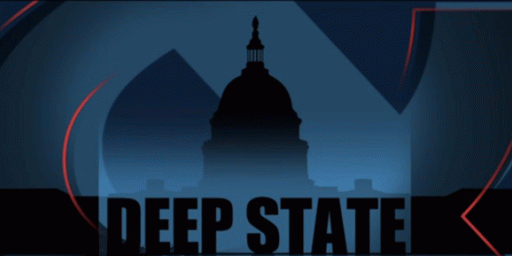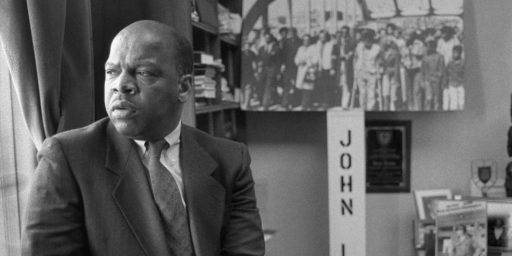Scaling Back Appointees
Shankar Vedantam notes that in the executive branch, there are a lot of political appointees staffing jobs that really ought to be manned through the normal civil service process.
In an unusual new analysis, another political scientist compared the Bush administration’s own evaluations of more than 600 government programs with the backgrounds of the 242 managers who ran those programs. David E. Lewis, who is now at Vanderbilt University, found that three-quarters of the managers administering the programs were political appointees while a quarter were career civil servants.
The political appointees were better educated, on average, than the civil staff. Many had stellar records in the private sector or on the campaign trail. Side by side, the political appointees just looked like a much smarter bunch than the careerists.
When it came to performance, however, the bureaucrats whipped the politicals: Programs administered by civil servants were significantly more likely to display better strategic planning, program design, financial oversight — and results. These findings, remember, were based on the Bush administration’s own evaluation system — the Program Assessment Rating Tool, administered by the Office of Management and Budget.
Lewis and Moynihan said presidents often forget that while political appointees may be whip-smart operatives, it is the career civil staffers who hold institutional knowledge about agencies — and that the bureaucrats tend to stick around longer than the appointees. For all the hatred that political candidates aim at the Washington bureaucracy during campaigns, political interference rather than bureaucratic inertia appears to be the central driver of governmental incompetence.
This is an idea that was actually inculcated in me at an early age when I read Robert Heinlein’s The Star Beast. In the book, although the nominal protagonist of the story is the teenage boy at the center of it, the real hero was Henry Kiku, the career civil servant who managed to save the day despite the incompetent political appointees above him. But really, it makes sense when you think about it. Institutional knowledge is a valuable thing, and being able to navigate the current of any office is a skill that’s hard to learn on the fly.
(link via Matthew Yglesias)






(Quiet nod)
So much for all the concern regarding cabinet posts. As I suggested at my place recently, in Democrat administrations, the real work gets done at the levels one step removed from the limelight.
Just curious, Bit. Where, in your opinion, does the real work get done in Republican administrations?
That varies a bit more.
Here’s the problem; Career types tend toward the left, ideologically speaking, as we saw during the Bush administration at State, for example.
Alex, I can only conclude that you’ve never been to the Post Office or the Secretary of State’s office (in some states it’s called the Department of Motor Vehicles).
What I object to in a permanent civil service is the sense of proprietorship. It doesn’t appear to be unique to the United States: I’ve seen it on three continents.
In most companies, if employees treated the owners (us) or the customers (us) the way career bureaucrats routinely do, they’d be fired.
Dave S. made the point I was going to make. What responsibility to the public will career civil servants show without the voters being able to change management? I would prefer less institutional knowledge if I could get people who understand who they work for and why they should care.
That’s the point he’s making, though; the career civil servants actually do get better results on the various projects that they get, and at their duties (presumably that includes the projects that the political appointees dump on them, if they’re possible).
Would you rather have a civil service that actually gets things done, or one which makes you feel good and is nice – but is incompetent?
Dave,
I’ve lived in several different counties and states and haven’t had any problems with DMVs or Post Offices. In general, I’ve found that when it comes to bad customer serivce, the government can’t hold a candle to big corporations in this country.
Brett,
Save your breath. In a conflict between ideology and empiricism, ideology always wins…
“Yes, Minister” and “Yes, Prime Minister” are great shows that gave a humorous probably at least partially accurate insight into this question.
And worth watching if you disagree just because it was so well done.
Far be it from me to defend big corporations but I can only say that your experience differs from mine.